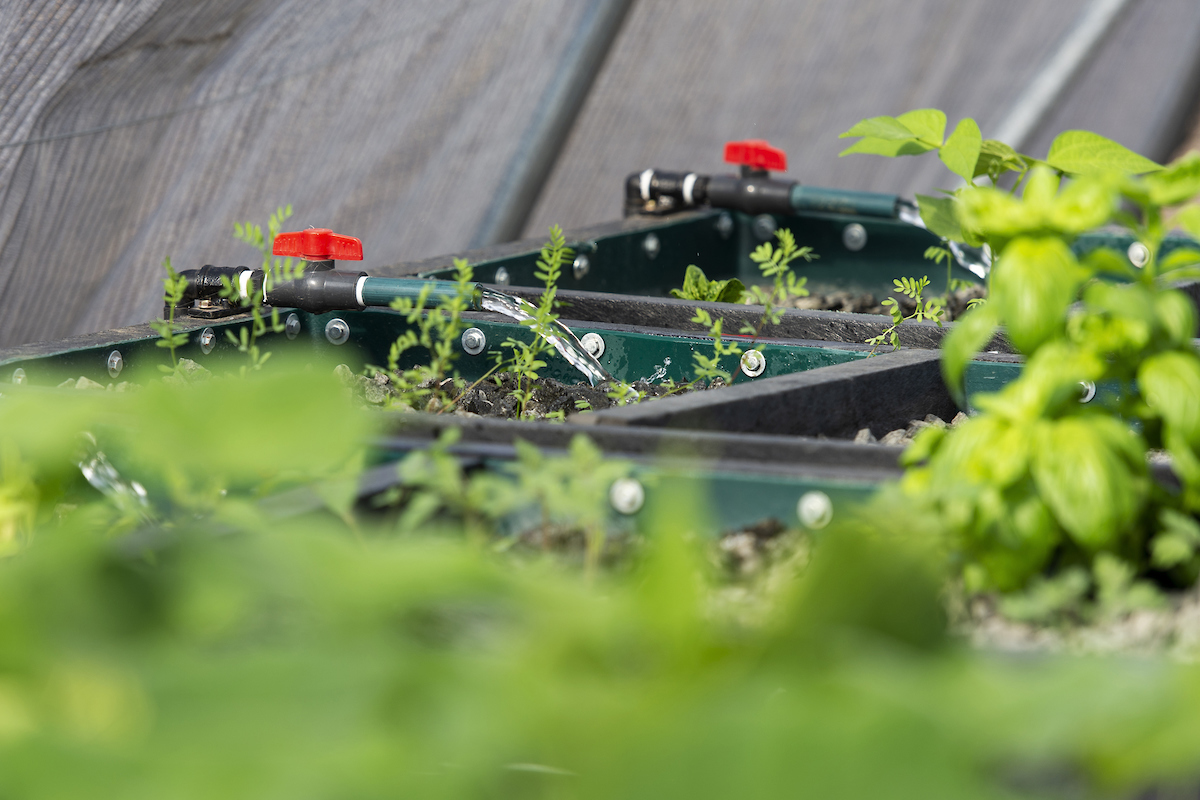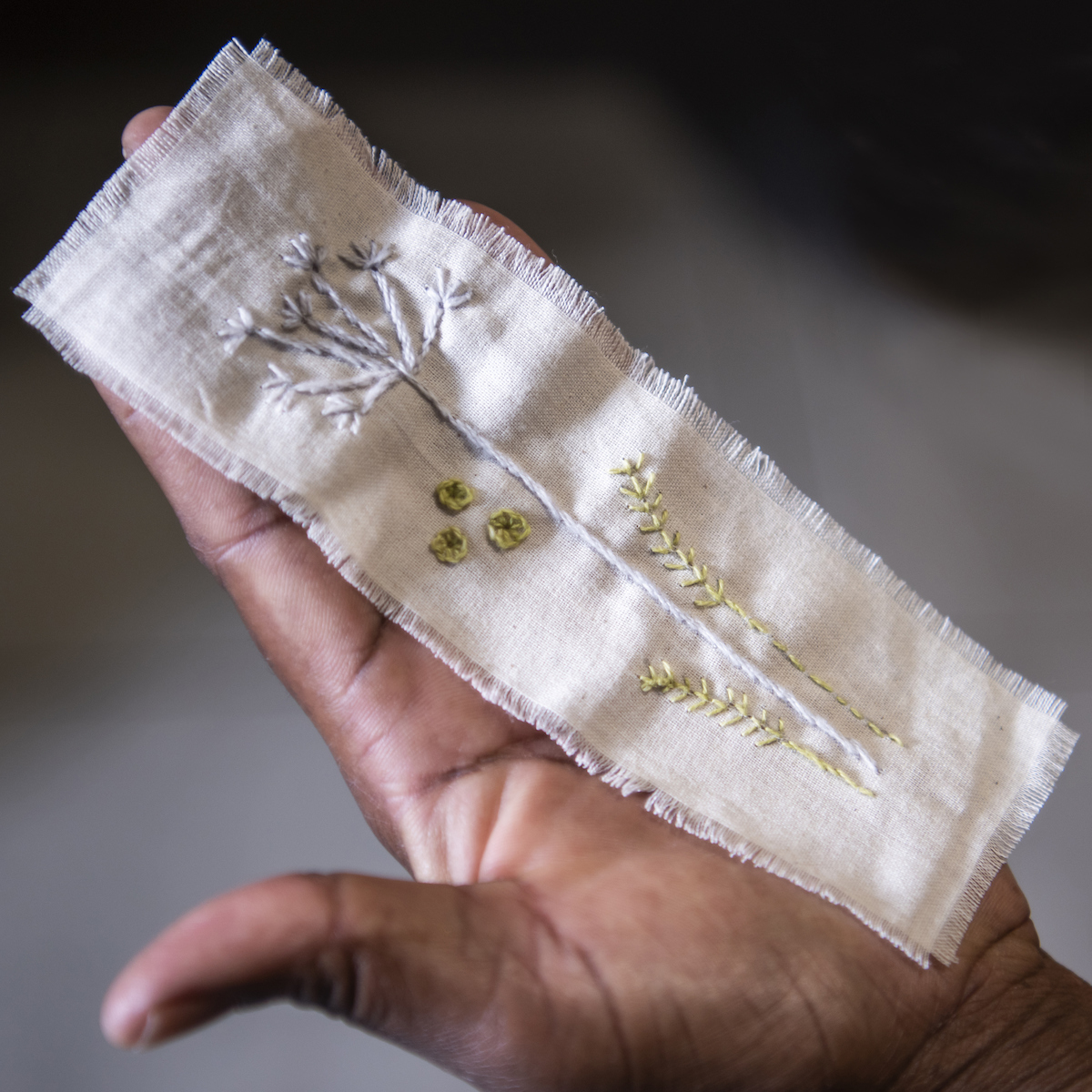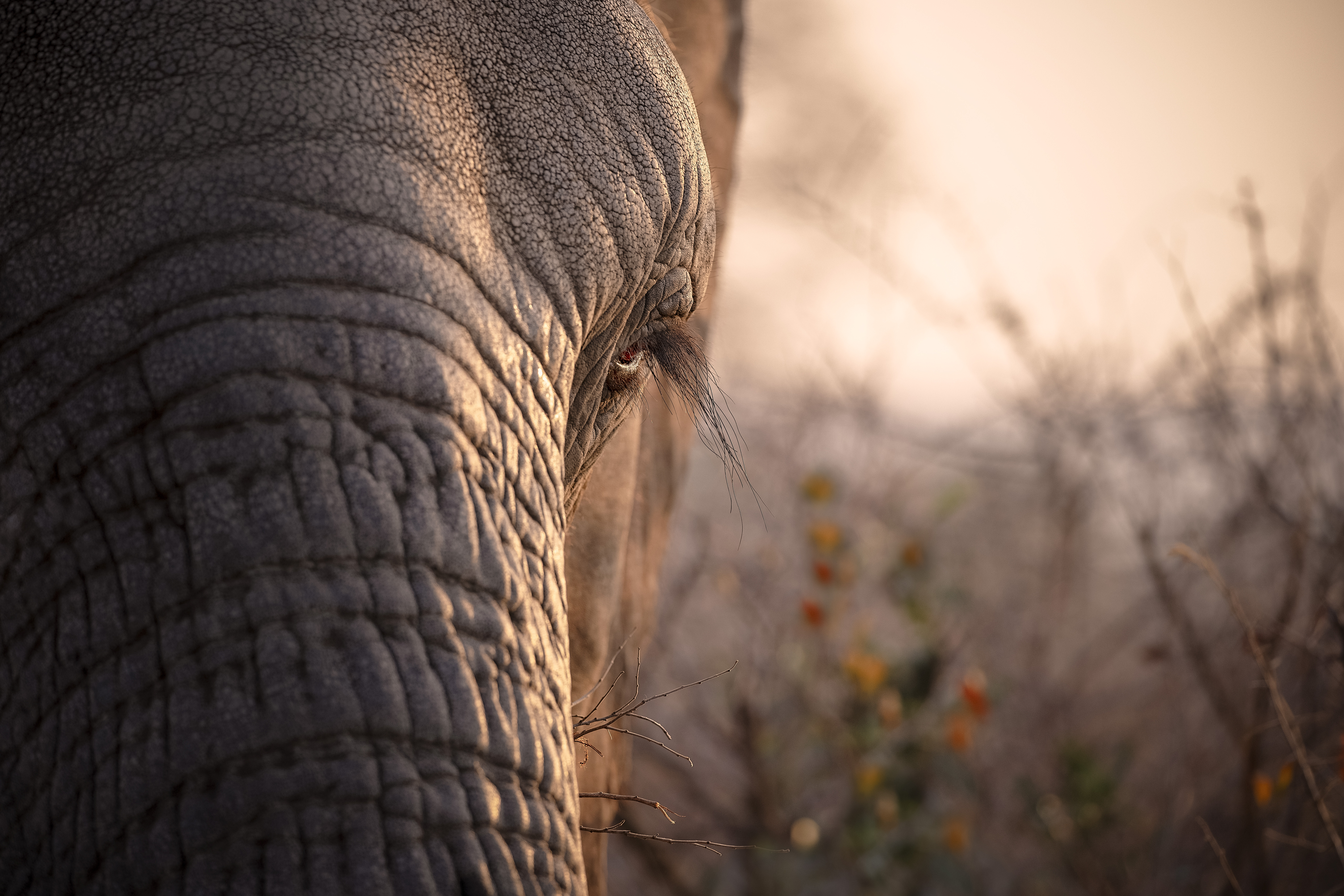At HERD, everything we do is centred around creating a sustainable future for elephant orphans in Southern Africa. Every part of the process in rehabilitating and reintegrating elephant orphans offers opportunities to be more sustainable in our approach and consider the impact on the land, the communities around us, the elephant species as a whole, and the rescued elephants in the long term.
We aim to help restore and recycle as much as possible, constantly working towards greener methods and solutions. This includes how we feed the rescued elephants, protecting the land they live on, using their dung byproducts for new purposes, our on-site wormery, aquaponics, conservation research, community empowerment initiatives, school development projects, and even rodent control.
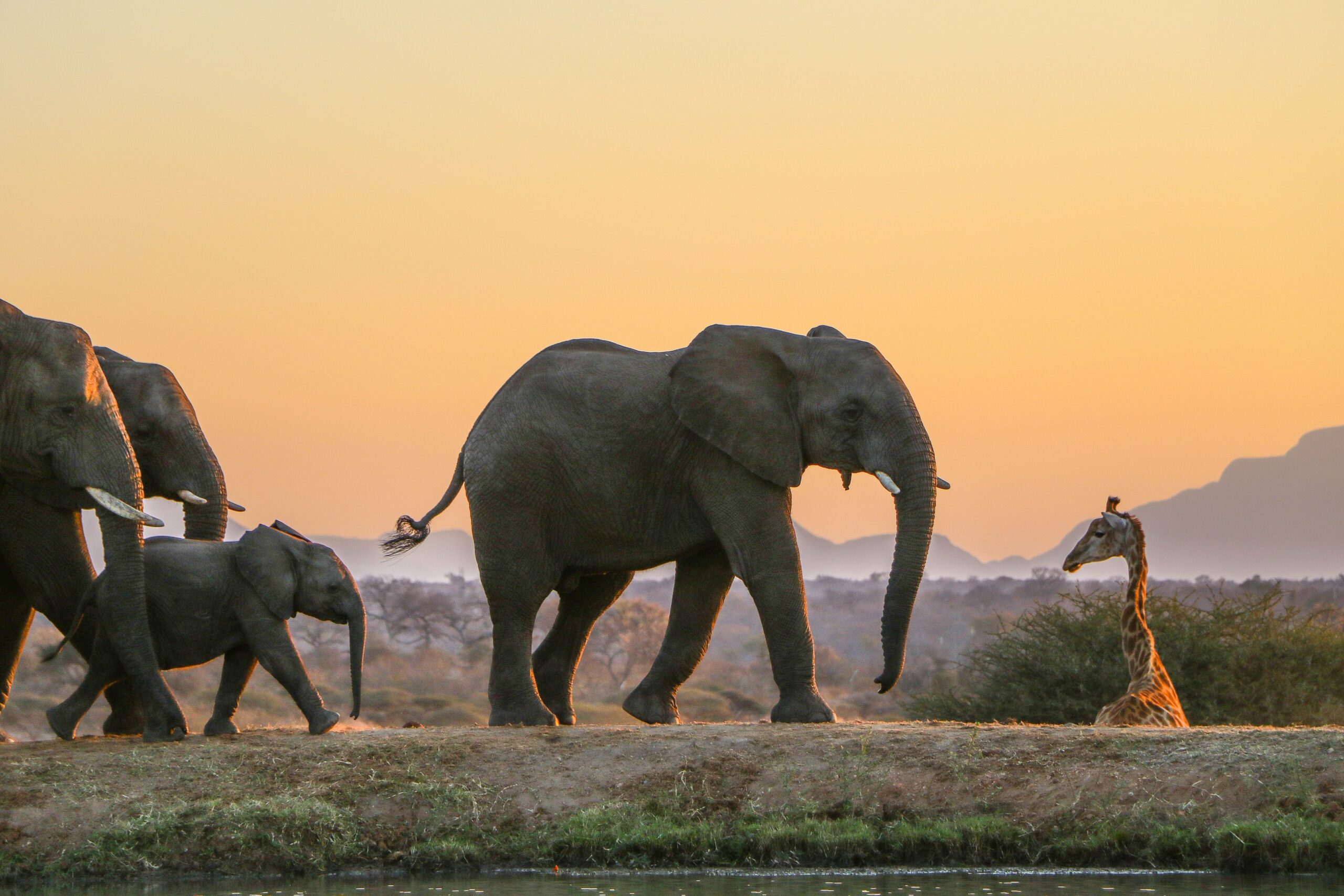
The United Nations Sustainable Development Goals
Our objectives subscribe to the Sustainable Development Goals (SDGs). The United Nations adopted these Global Goals in 2015 as a universal call to action to end poverty, protect the planet, and ensure that all people enjoy peace and prosperity by 2030.
With progress of any kind, there must be a delicate balance between social, economic and environmental sustainability. The UN’s Global Goals not only recognise this fact but also agree with HERD’s personal mission.
Our work at HERD Trust involves so much more than rehabilitating and reintegrating elephant orphans. We also help with the sustainable development of our surrounding land and local communities.
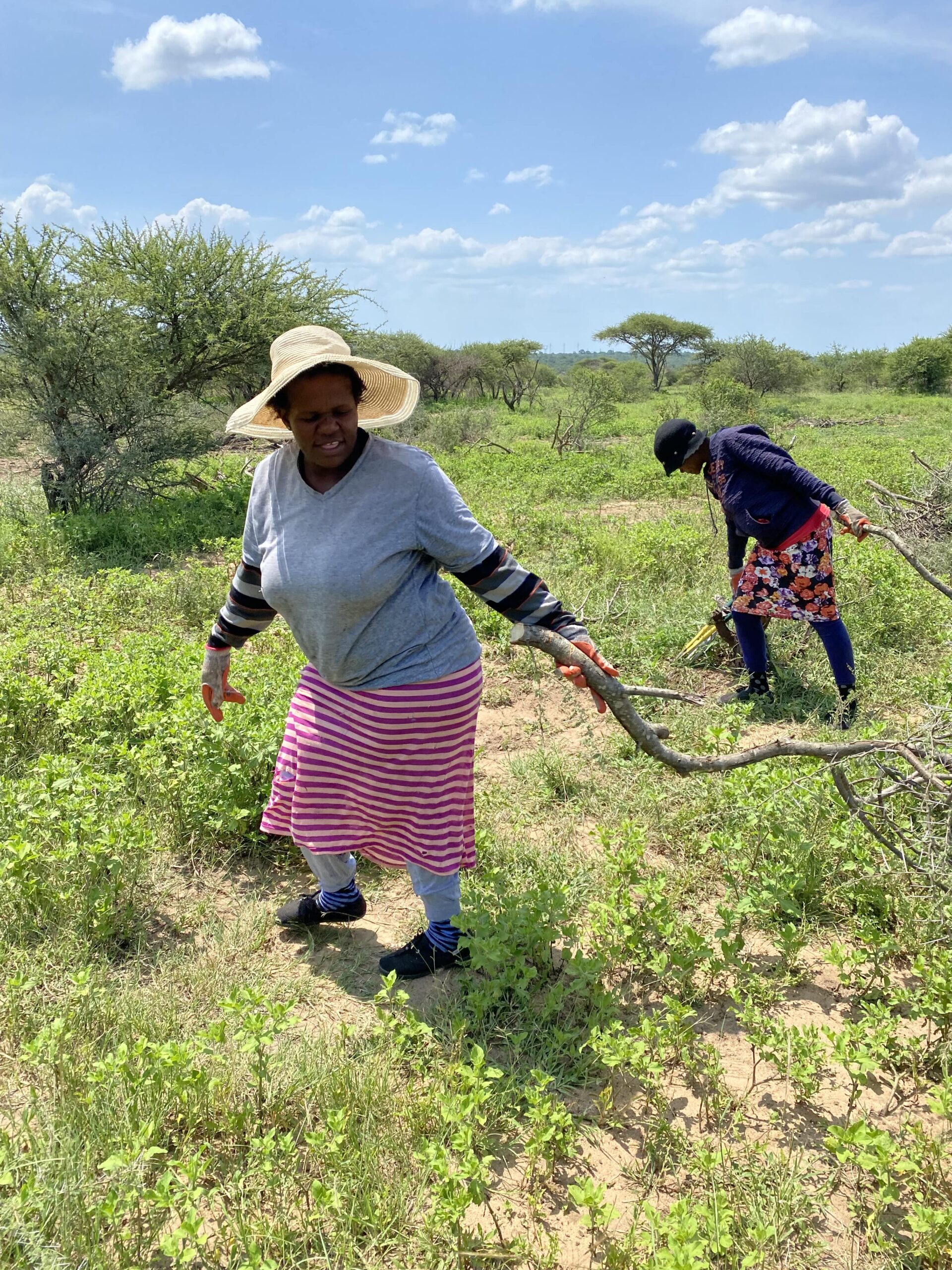
Conservation Objectives at HERD
HERD’s sustainable elephant orphan rehabilitation and integration in Southern Africa has the following key objectives.
Holistic Approach to Conservation
We contribute to elephant conservation by providing a safe and well-equipped orphanage with experienced carers to rehabilitate calves who have been orphaned or displaced to human-elephant conflict; a gradual integration process of orphans into a herd of their own, land otherwise unavailable to a flagship species, to roam and forage during the day; and a safe homestead too
Conservation value refers to that of the elephant species and the natural capital benefiting local people while providing a safe rehabilitation habitat and sanctuary for partially rewilded elephants for the duration of their lives.
Local Development
HERD aims to explore the potential role of the rescued elephants in contribution to local development.
Our Sustainable Development Goals
- Enhancing environmental and natural resource education on the reserve and in local schools
- Reducing poverty through employment and economic development
- Fighting gender and broader inequality through empowering women, youth and the disadvantaged through operations on and outside the reserve
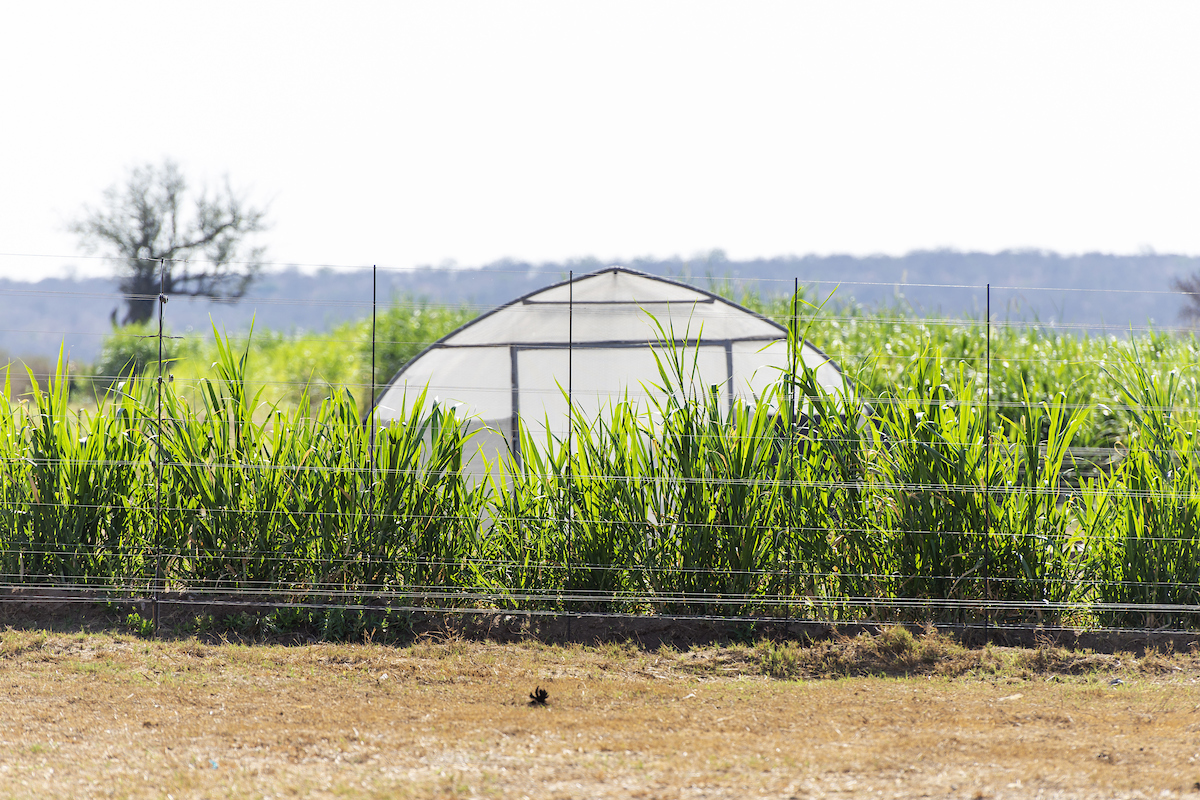
Sustainable Practices
Growing our own bana grass plantation alongside the HERD orphanage assists us with a more sustainable food source for the herd, enabling us to harvest from it daily. The leftovers are used to fill erosion holes in the reserve and for composting. Several goods and services, such as products made from elephant dung and ecotourism programmes, ensure the sustainability of land use and the protection of the elephants on the reserve while also benefiting the local community.
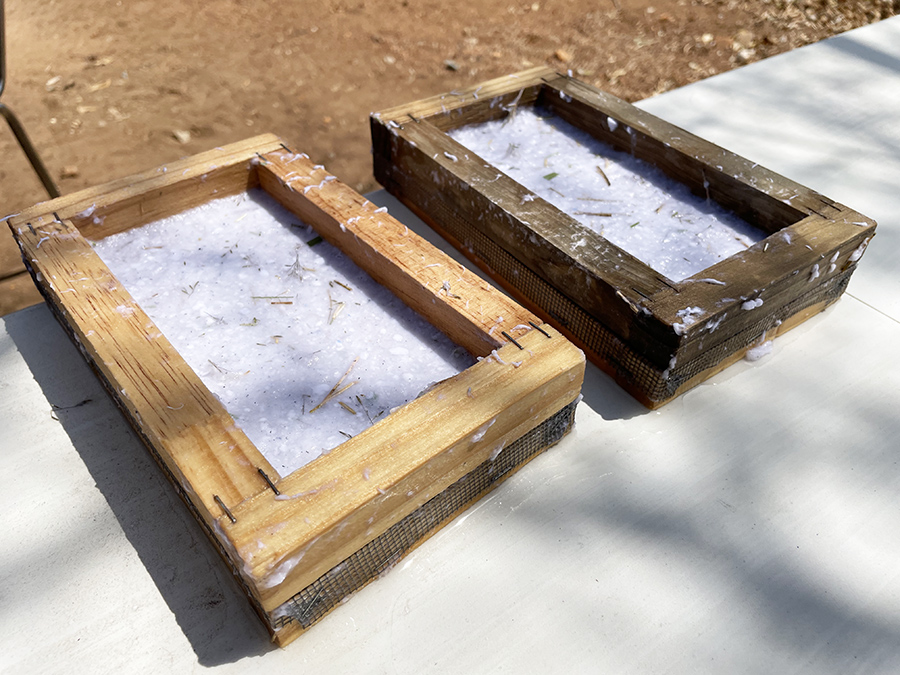
Repurposing Elephant Dung
Elephant dung has long been used in different ways in African communities.
At HERD, we use the dung from the rescued herd in various conservation and community projects, such as soap- and paper-making.
For conservation purposes, we use the dung as a fertiliser or donate it to local eco-village gardens that feed children in need. We also use the dung to combat erosion and to fill potholes, to make potplants, and to feed new elephant orphans, as the consumption of dung assists with their digestion.
This way, our elephants contribute to conservation and community upliftment.
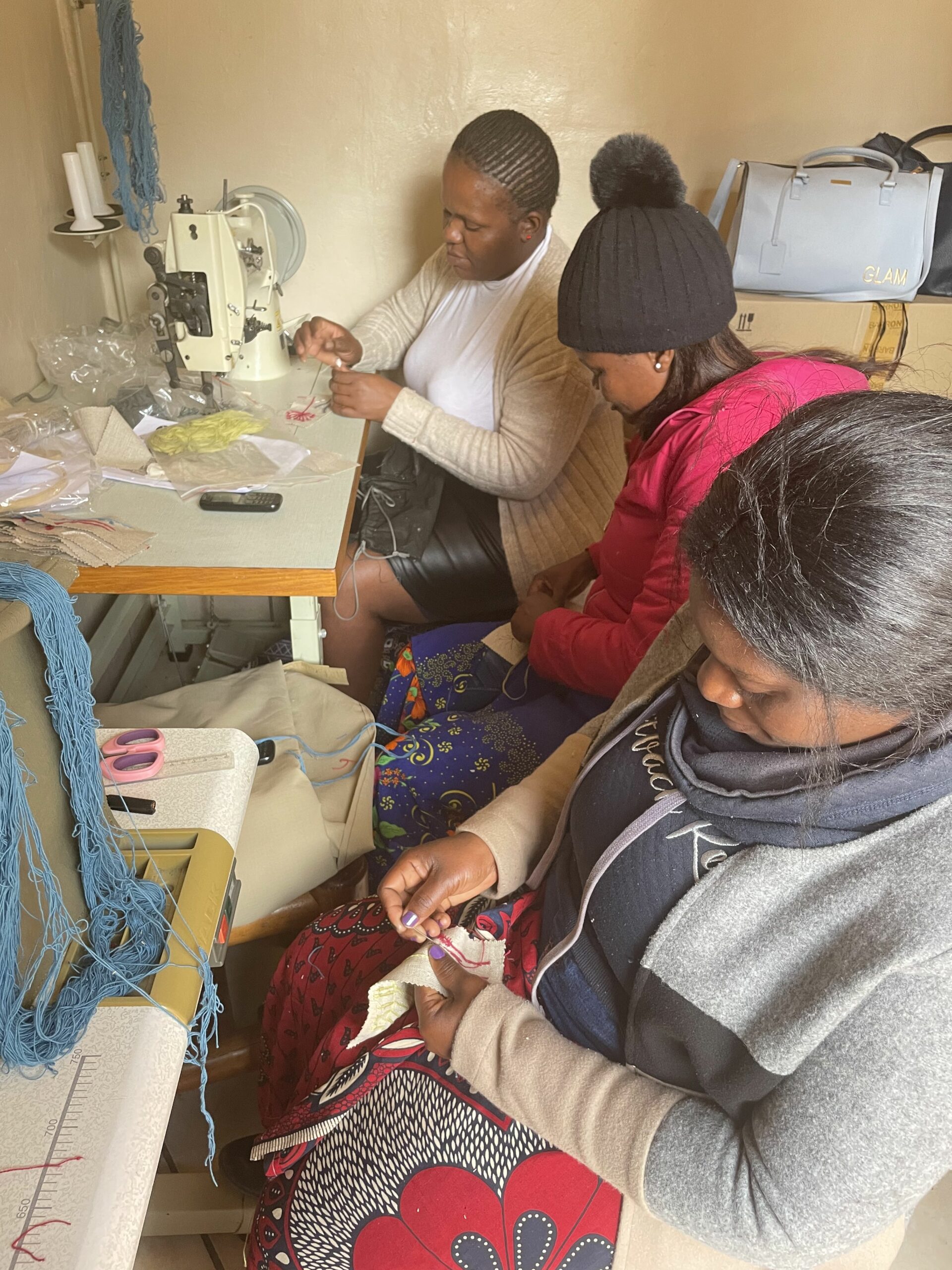
Training Opportunities
HERD provides the opportunity for research and student training to enhance our knowledge and capacity for sustainable development while also facilitating the skills development of new junior carers in our team.
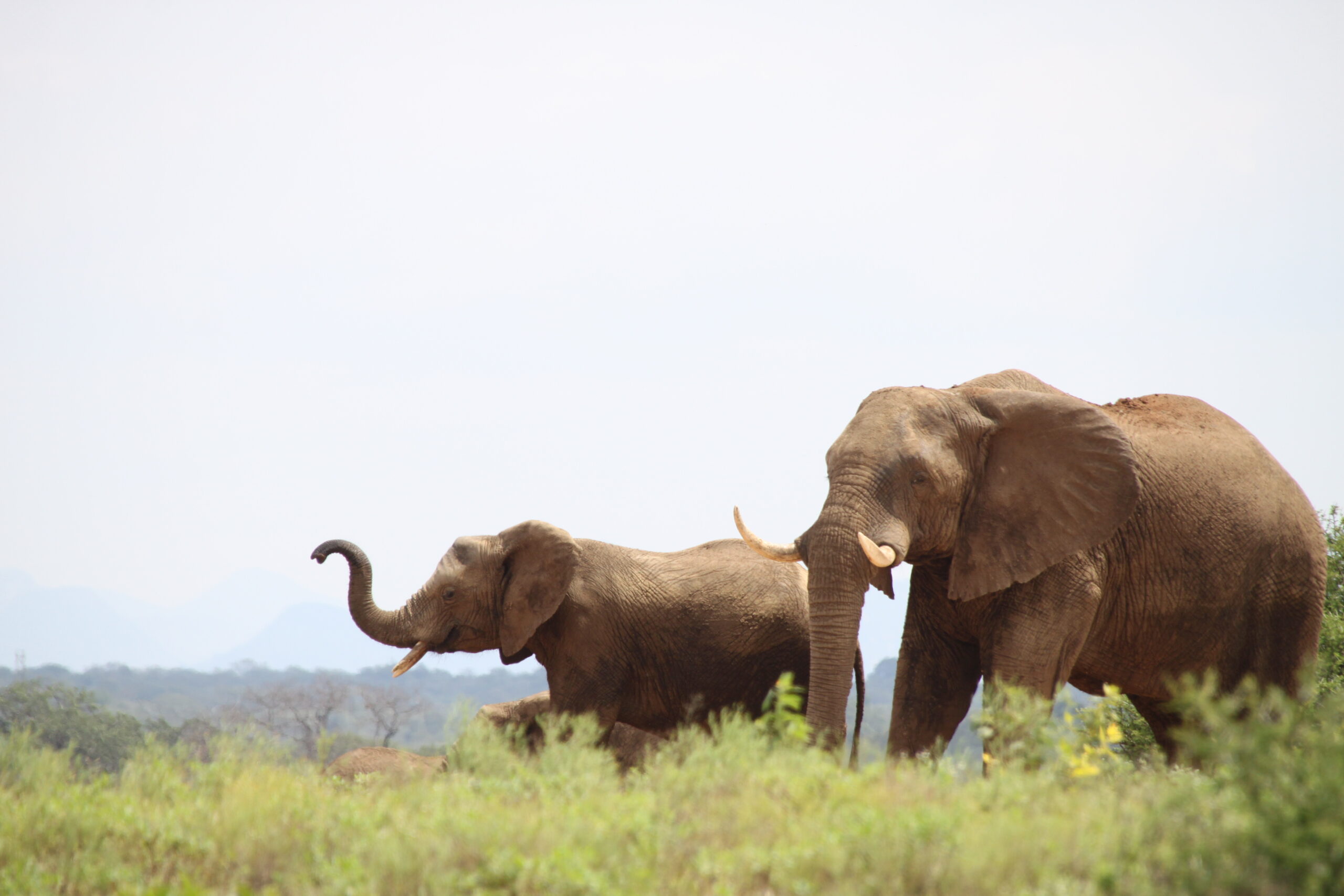
Holistic Land Management
Our elephant herd regularly traverses and grazes throughout the reserve, leaving the land desperate for restoration and rejuvenation. A portion of our fundraising goes toward preventive management techniques to help prevent environmental degradation on the reserve and its surroundings to better enable the land to sustain the rescued herd and the wild elephants and other wildlife who call this wilderness home.
During Phase 1 of our land management project, we covered 50 hectares of land. We aim to cover the same area in Phase 2, which involves the selective removal of invasive tree species and reusing the plant matter for brush packing. We also use indigenous grass seeds to speed up the restoration process.
Long-term Impact
- Regeneration of essential elements needed for the environment to thrive
- Management of soil erosion
- Greater diversity of healthy plant growth
- Restored balance in all grazing areas

Conservation Projects
We love sharing our sustainability projects and goals with the world, as it truly enables us to live in harmony with our surrounding wildlife while spreading awareness and inspiring others. Taking care of our reserve is an important responsibility we carry to create a greener, more sustainable world and a diverse home for the wildlife and birdlife who rely on these wild spaces for survival and protection.
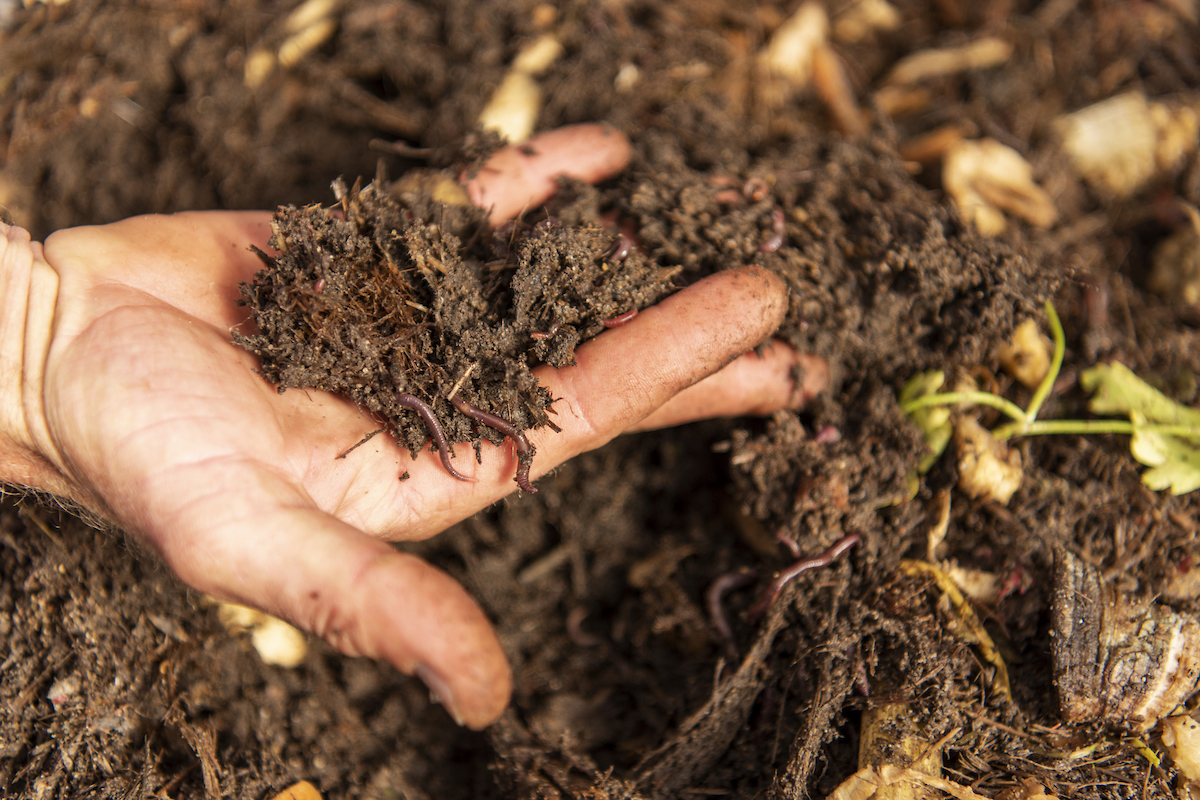
Wormery
We currently feed our red wiggler worms (Eisenia fetida) elephant dung from the herd and any food waste from the kitchen at Jabulani Lodge. These worms eat just about anything organic, such as fruit and vegetable scraps, bread, coffee grounds and filters, tea bags, grains, plant trimmings, paper and leaves. The vast variety of worms on the farm creates a rich and healthy biodiversity.
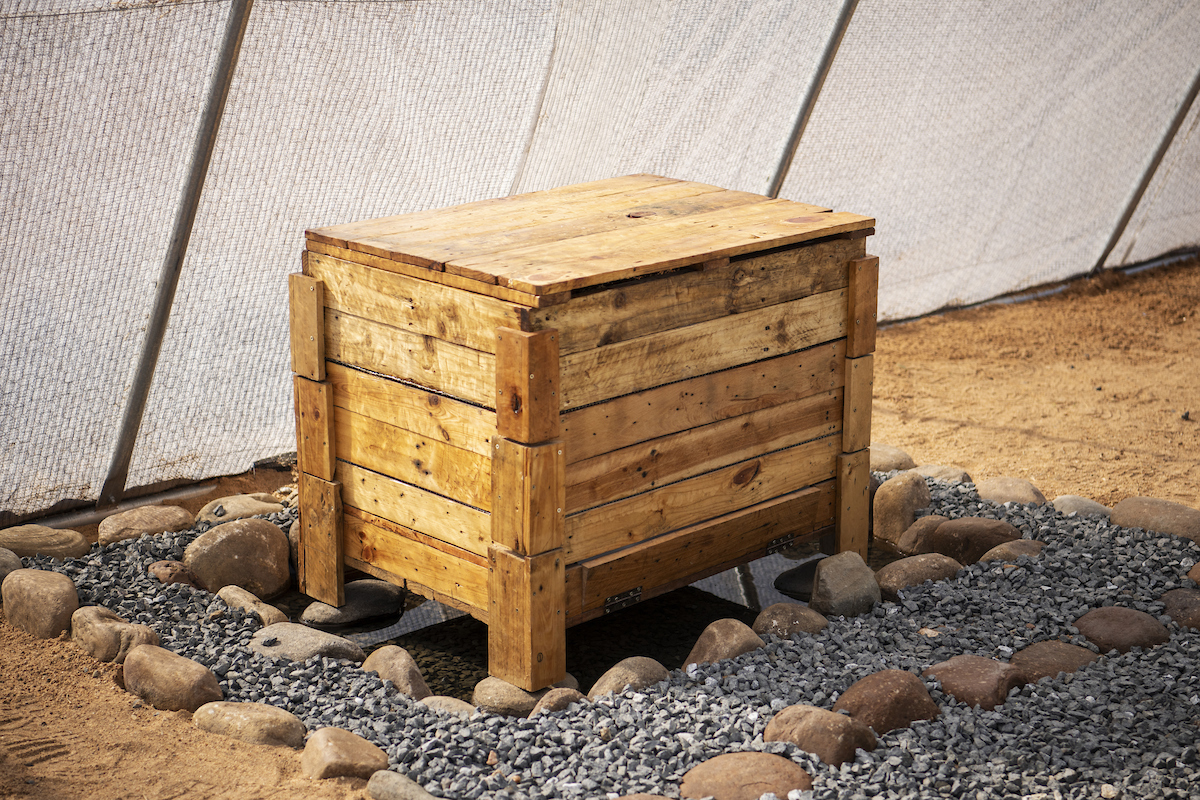
Why a Wormery?
The by-products produced by the worm farm greatly benefit the reserve, such as the vermicompost (an excellent, nutrient-rich organic fertiliser and soil conditioner) and vermitea (urine that acts as an organic insect repellent for crops). We use these byproducts to enrich our bana grass plantation, which is used to feed the elephants.
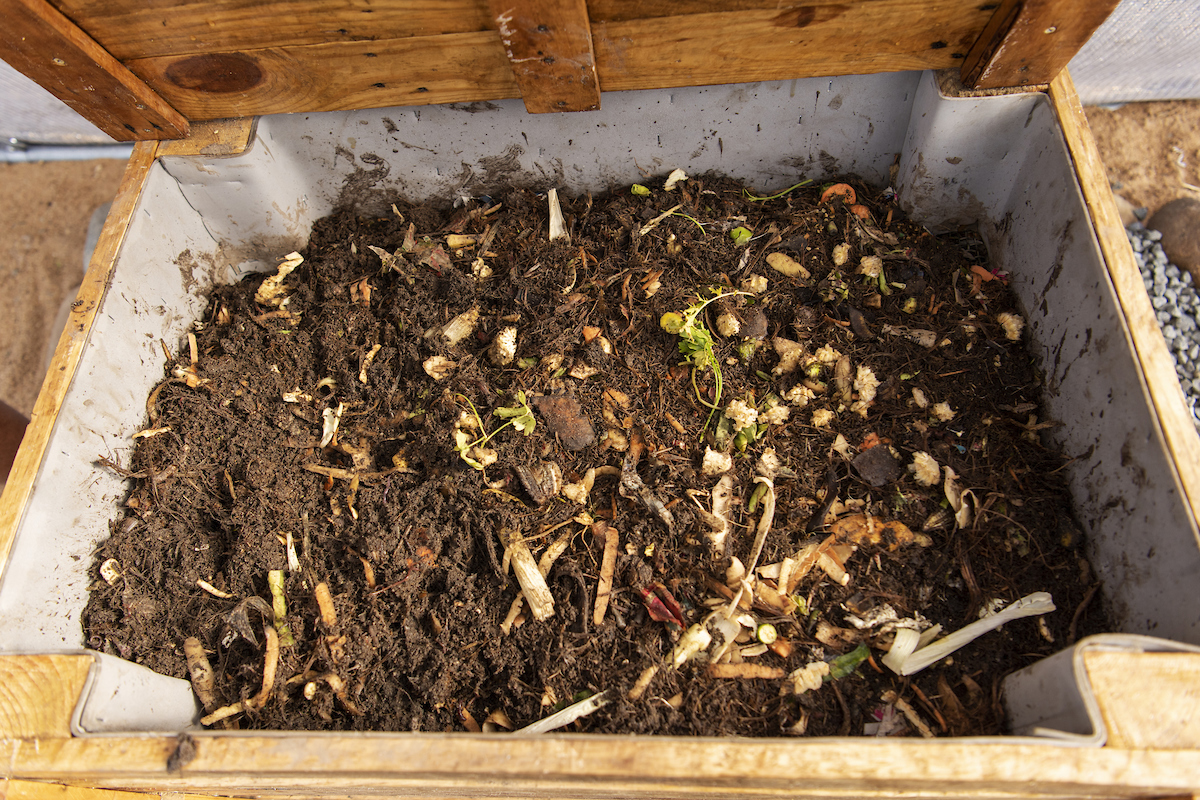
How does it work?
We return the leftover bana grass and elephant dung to the worm farm, where the worms turn them back into fertiliser to nourish the plants. This perfect cycle enables sustainable farming and gardening practices, ensuring the best possible care for our land and animals.
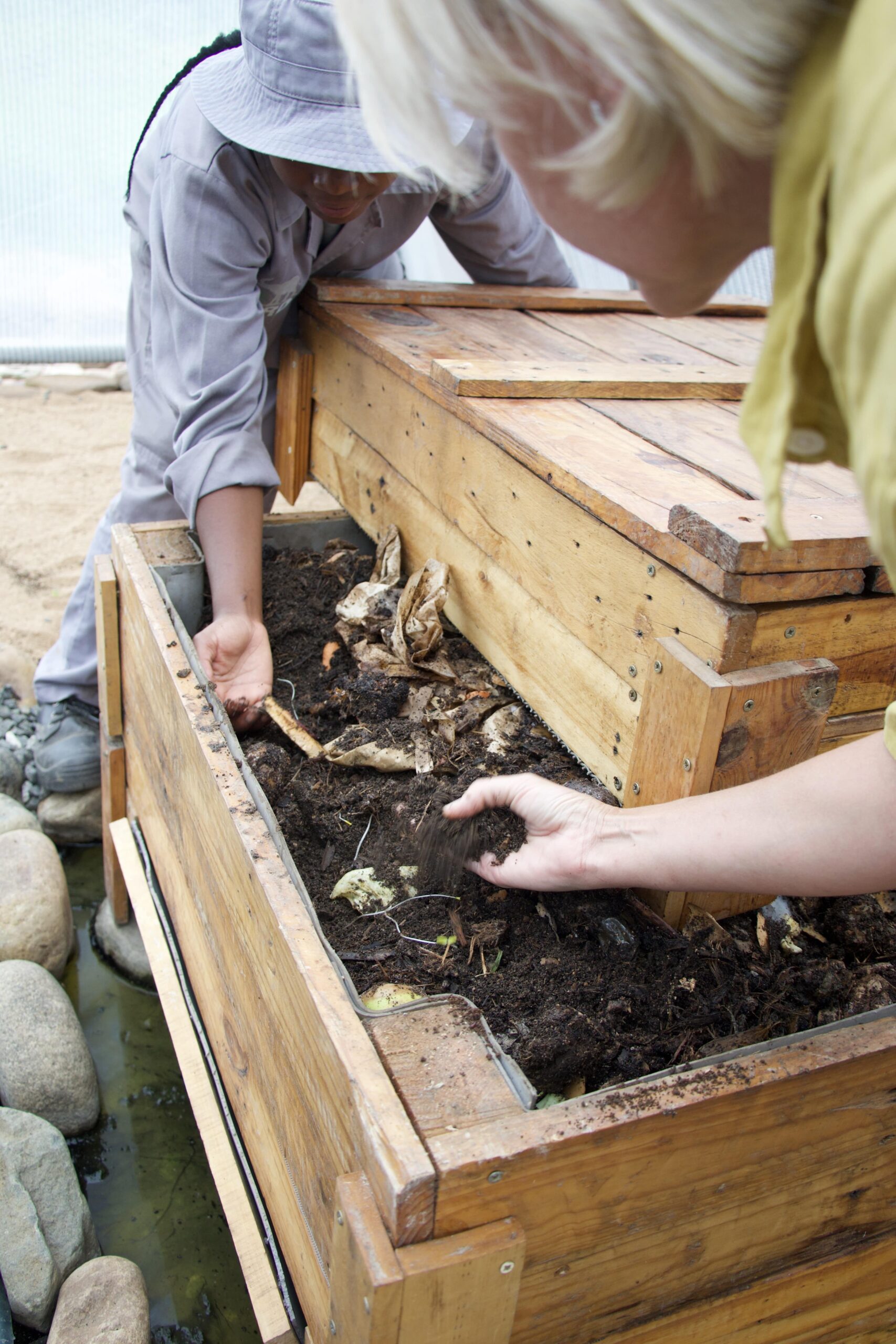
Who runs the wormery?
HERD Carer Herman began his journey in the wormery, tending to the farm with the exceptional dedication needed to care for baby elephants. As Herman transitioned to a new role overseeing our albino elephant orphan Khanyisa, our Junior Nursery Carer, Khensani, started at the wormery in conjunction with our Operations Manager, Juan.
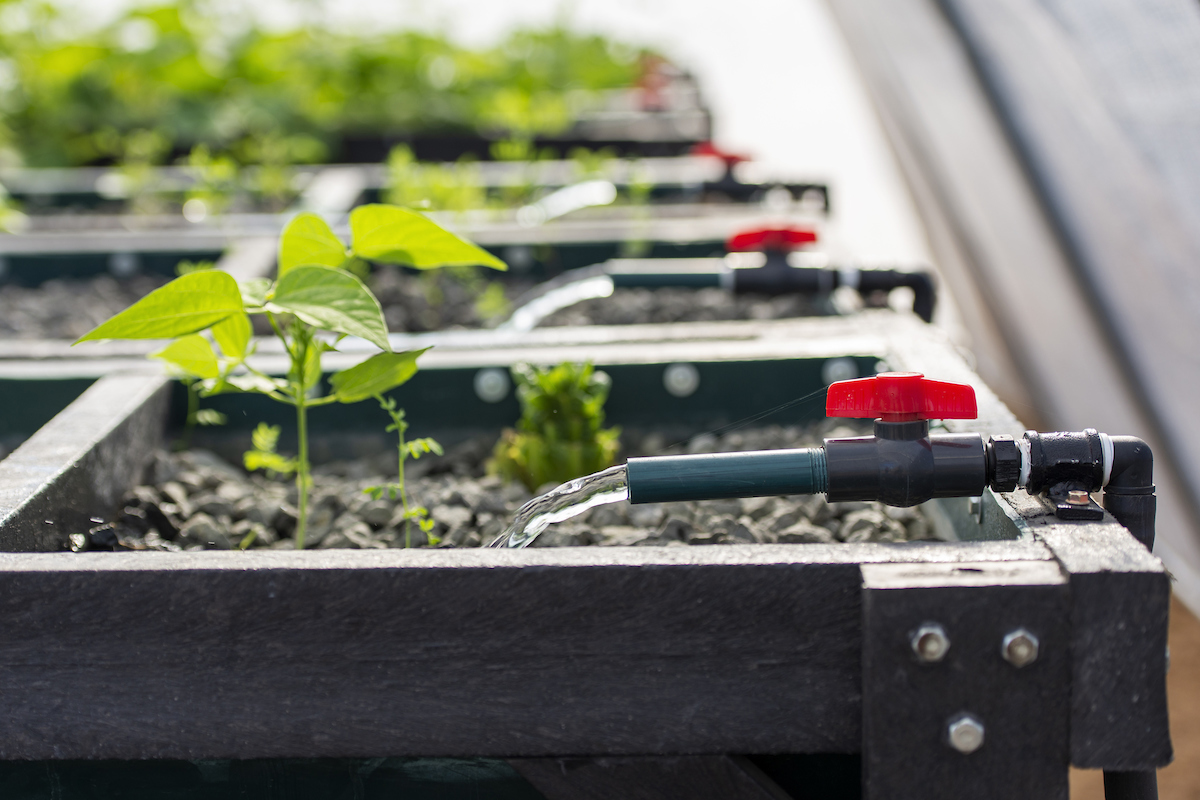
Aquaponics
Our innovative aquaponics system allows us to grow fresh produce most commonly used in the Jabulani kitchen or for staff meals, giving us more control over the quality and source of the ingredients available. This feeds into our greater conservation philosophy, providing sustainable farm-to-fork produce while saving water.

What does Aquaponics entail?
A combination of aquaculture (growing fish and other aquatic animals) and hydroponics (growing plants without soil), this symbiotic system recycles fish waste to feed our plants.
Essentially, we feed the plants tilapia (fish waste) while, in return, the plants clean the water used to sustain the fish.
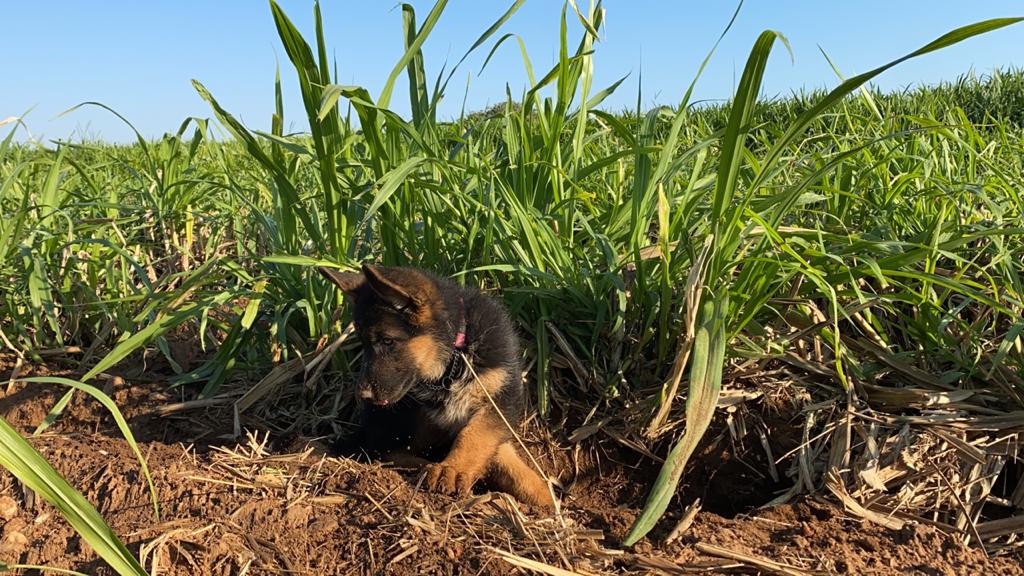
Bana Grass Plantation
Commonly referred to as “elephant grass”, bana grass is high in protein and fibre. Our homegrown bana grass plantation flourishes alongside the orphanage. It functions as a sustainable food source for the Jabulani herd during the dry season to supplement their foraging in the bush.
Our carers harvest at least eight metres of 10 rows of fresh bana grass every morning. We take a small delivery to the orphanage for the elephant orphan, Khanyisa. And once the grounds have been cleaned for the day, we drop the rest of the harvest off at the homestead to feed the herd.
When and How Did it Start?
This thriving plantation has been operating since November 2016 and forms part of our overall sustainability management plan. Bana grass is grown from planting short pieces of the cut stalk of an existing plant, much like sugarcane. We bought our first round of stock from a neighbouring farm, thereby propagating new crops.
Our team started with 20 rows. Today, we have a total of 80 rows, each row spanning 400 metres in length. The bana grass grows about four metres in height and takes approximately 60 days to grow back to full size after the harvest.
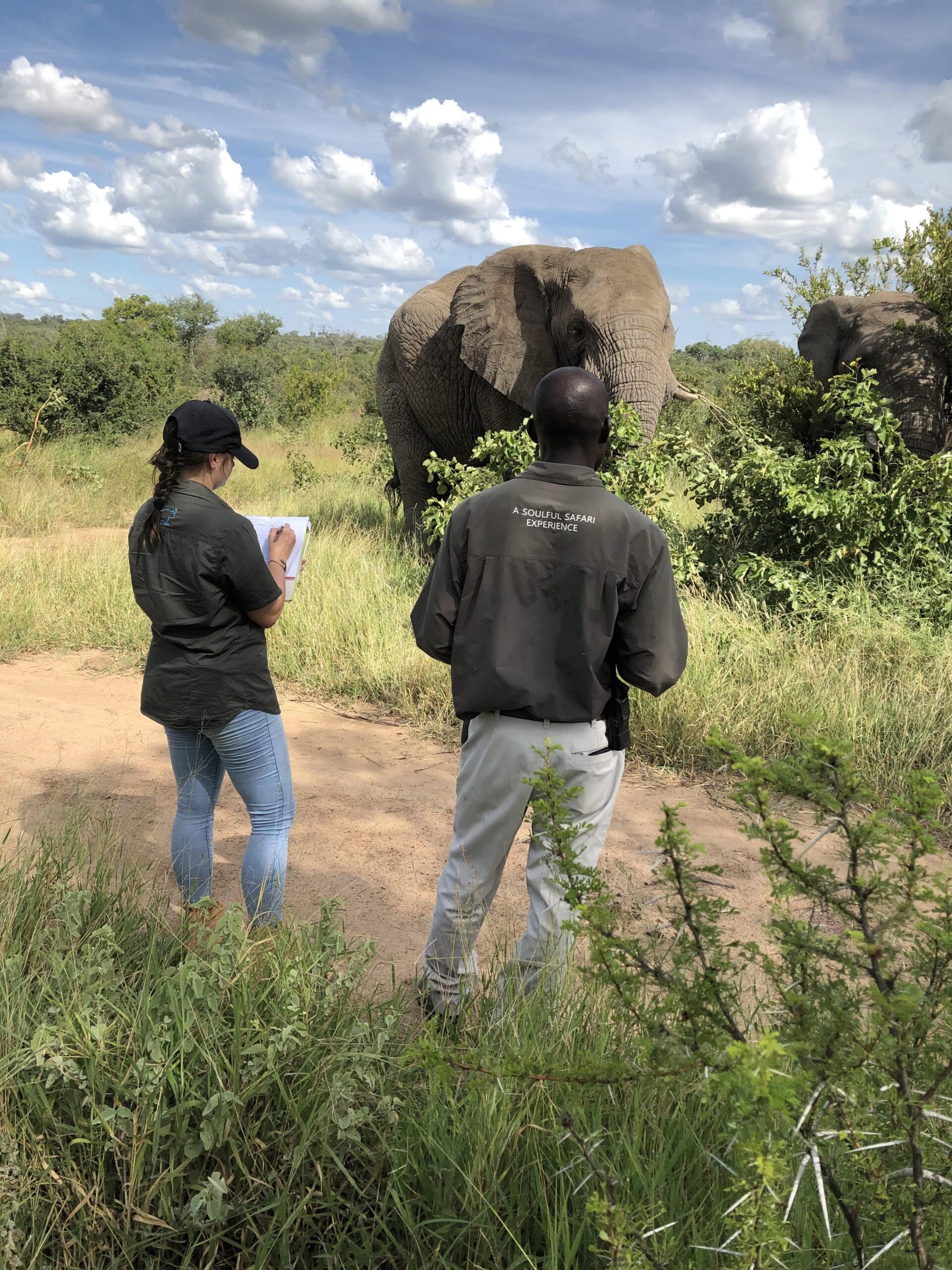
Conservation Research
When possible, we give environmental science students the chance to carry out valuable practical research work on our reserve as part of their academic studies.
It gives us great joy to assist students in chasing their dreams. We also benefit significantly from the knowledge they gain as a result.
We previously had the pleasure of working with student Chloe Grotto, who became a resident “poopologist”, studying the Jabulani elephants’ dung. More recently, we’ve worked with South African university student Chloe Caister, whose research on elephants’ personalities is bearing much fruit.
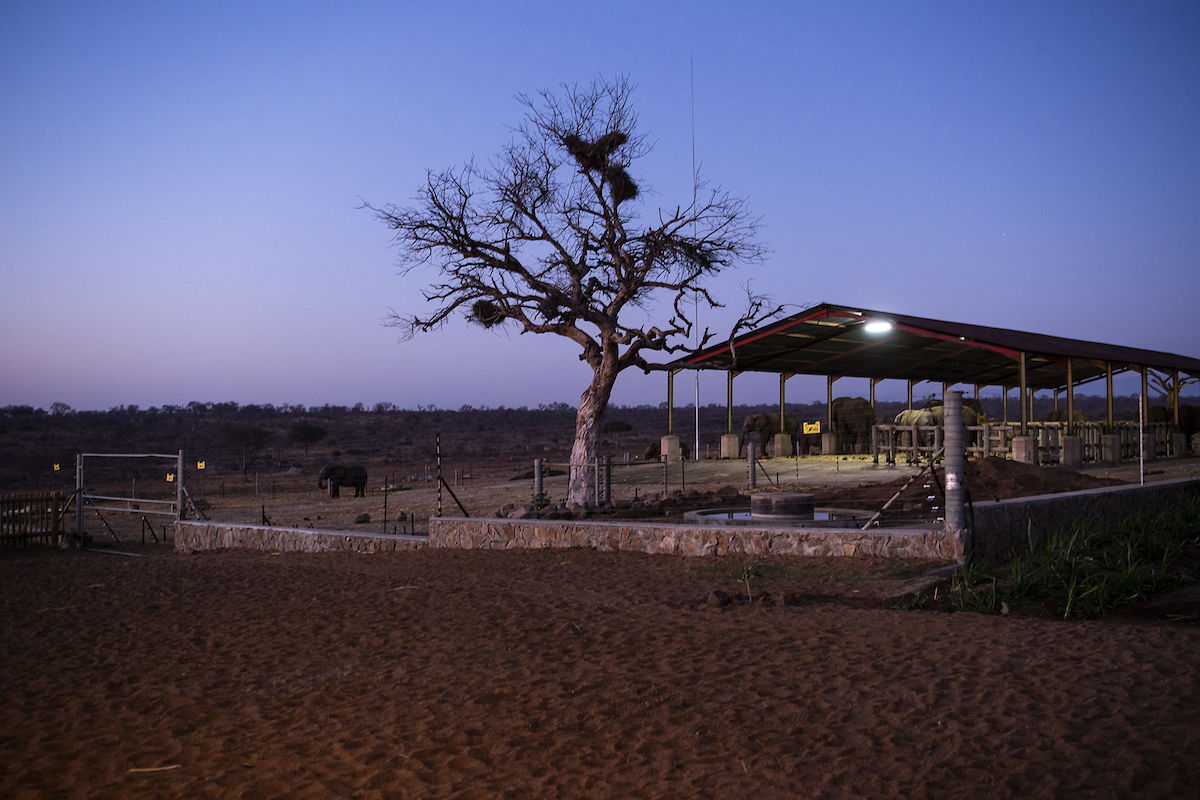
Sustainable Rodent Control
A large part of our conservation efforts includes clearing the area around the elephant homestead and orphanage of rodents. Rats and other rodents spread diseases that can be fatal to elephants, especially our fragile calves. Our sustainable approach to pest control ensures that our products aren’t detrimental to the surrounding land and wildlife. Wild cats assist with this task rather than utilising harmful poisons that disrupt the natural world.

Support Our Elephant Conservation Work in South Africa
You can support our ongoing land management projects through GlobalGiving or email us to find out more: fundraising@herd.org.za.

DISCOVER OTHER PROJECTS
Help Save Our Vulnerable Gentle Giants
We rely on incredible people like you to keep us going. Every cent counts, and no contribution is too small. HERD relies on public funding to cover the operational costs to care for and support elephant orphans and the rescued herd, so we really appreciate your support.
Elephant Tales Blog
Want to hear the latest and greatest stories about what the elephants are up to? No two days are the same, and they always amaze us with their distinctive personalities and acceptance of one another. Follow us this way for all the latest stories of what’s happening at HERD.
